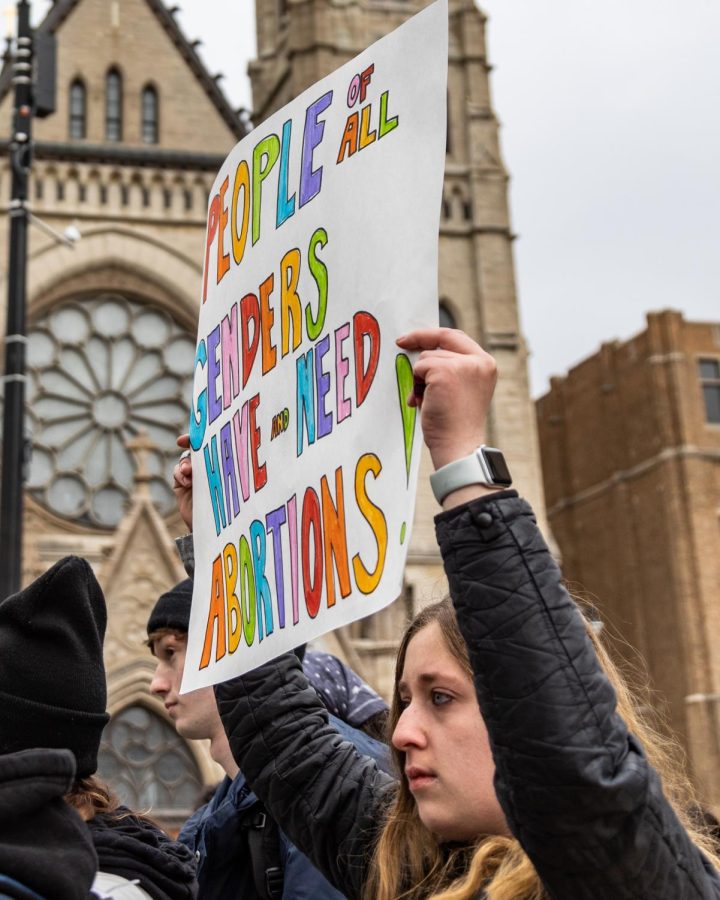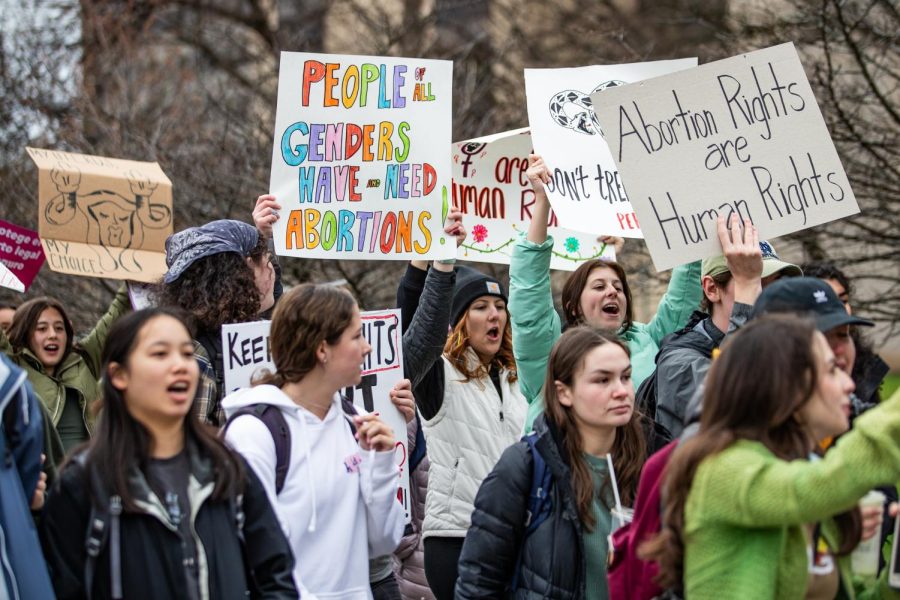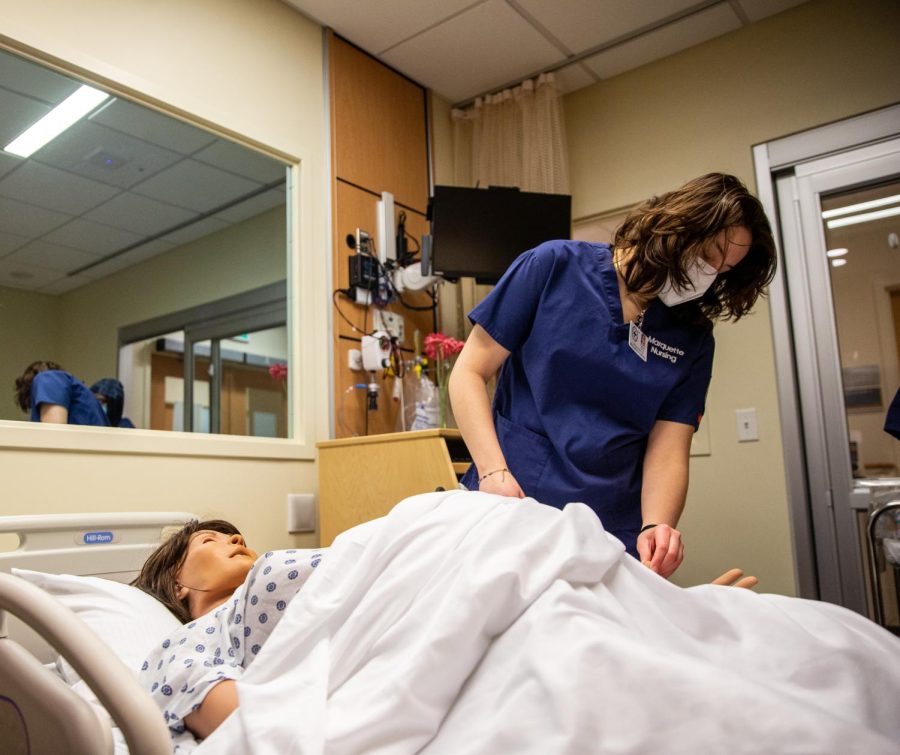“Drawing on our Jesuit heritage, Marquette’s respect for the sanctity of life is expressed in a special concern for the poor, the marginalized and the most vulnerable, which includes care for the unborn,” the university said in the statement.
As a response to the United States Supreme Court overturning Roe v. Wade, Marquette University released a statement announcing that as a Jesuit university, they are established on a faith tradition that acknowledges the sacredness of all life.
Roe v. Wade is a 1972 landmark case based on the 14th amendment ruling that state regulation of abortion is unconstitutional. Today, abortion is a state decision.
The statement then said that Marquette’s promise to their Catholic and Jesuit identity calls them to appreciate the “core human value of the right to life.”
It also said that Marquette supports laws, public policies and agencies that cherish life and aid pregnant and parenting women, “thus making it easier, safer and more economical to welcome children.”
The statement goes on to say that Marquette works for the demolishing of institutional injustices that establish critical challenges for pregnant women and struggling families.
Marquette said they acknowledge and respect the number of ways people will take in the Supreme Court’s decision, and that their 500-year tradition of Jesuit educated in based in the inquiry for truth, the revelation of knowledge and the distribution of varied perspectives.
“As a Jesuit institution that encourages students and faculty to examine the most important issues of the day, we commit ourselves to moving forward as a community that promotes the common good and upholds the dignity of every individual,” the statement said.
Roe v. Wade was overturned 6-3 June 24, meaning that there is now no longer a constitutional right to an abortion.
Now, abortion rights will be decided by states. Thirteen states with “trigger bans” will take effect within 30 days, including the states North Dakota, South Dakota, Idaho, Wyoming, Utah, Texas, Oklahoma, Missouri, Arkansas, Louisiana, Mississippi, Alabama, Tennessee and Kentucky.
This story is developing
This story was written by Julia Abuzzahab. She can be reached at julianna.abuzzahab@marquette.edu








